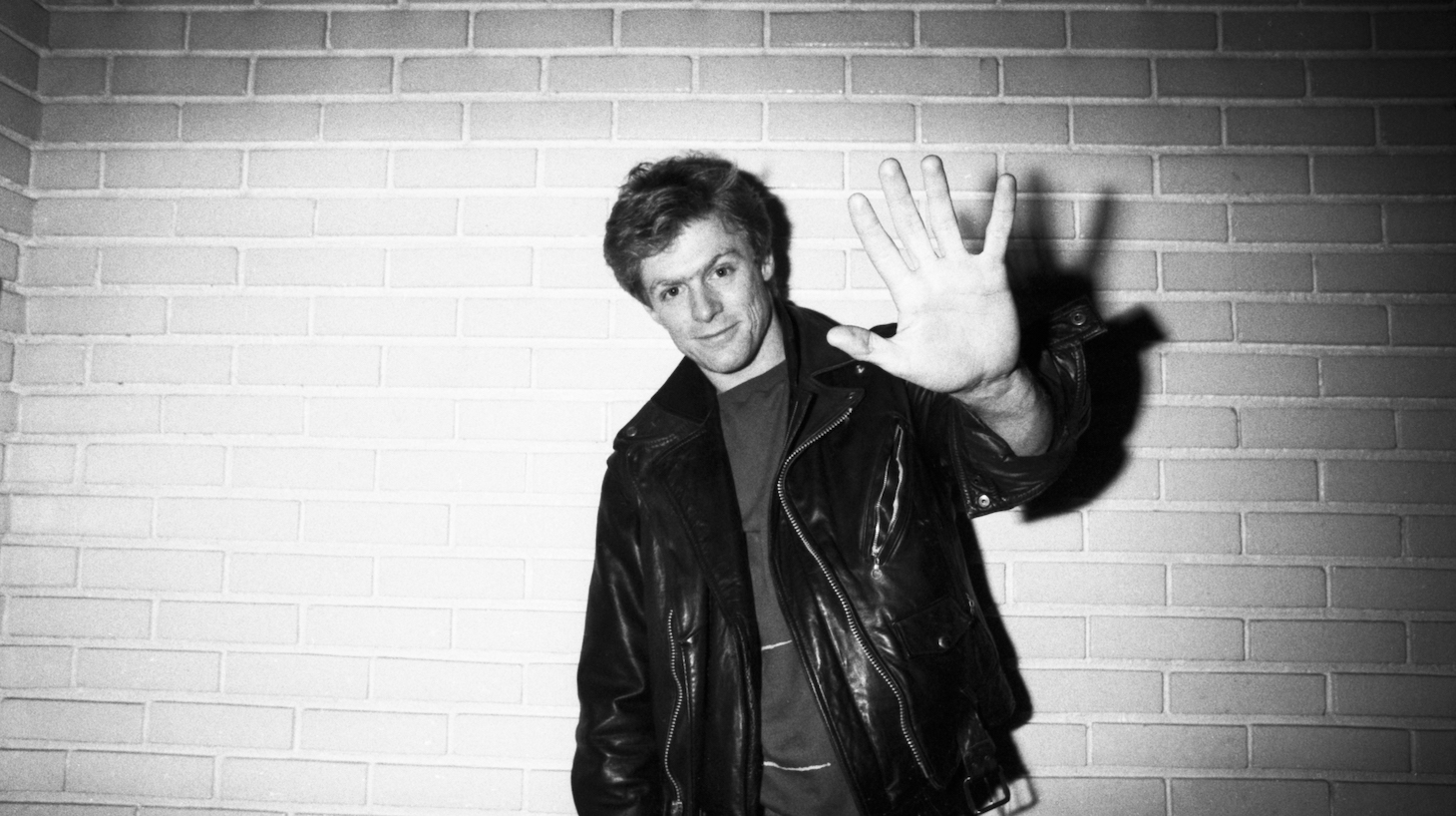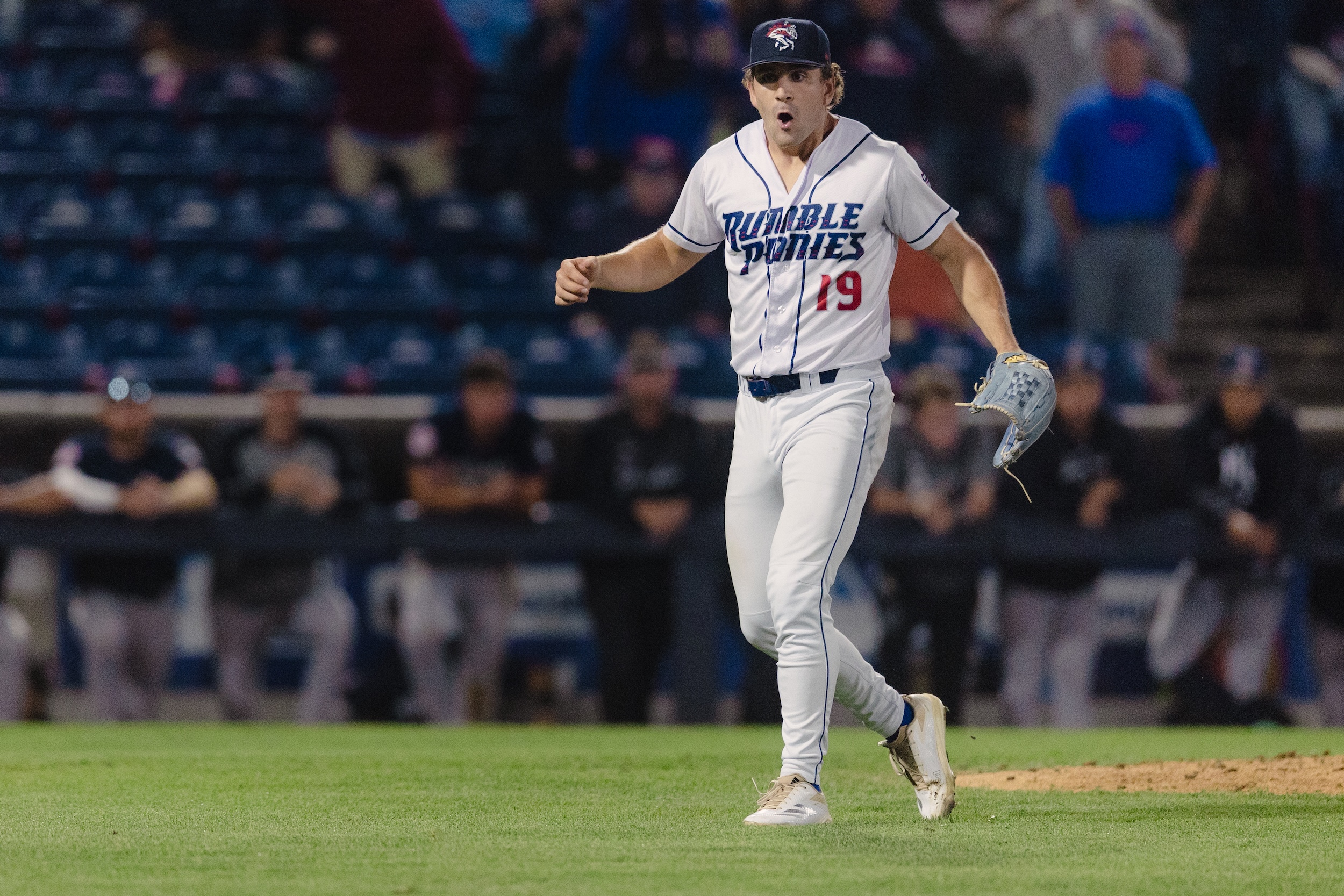I took a small trip to Montreal this past weekend. Montreal is about five hours from Toronto (where I live, God help me) by car. It’s about the same by train but we took the car because Canada doesn’t know how to do trains properly (the tickets were about $9 million each). Because of that, I knew we would be listening to the radio. I know I don’t HAVE to listen to the live crumbly sometimes-going-in-and-out local radio in my car—there are a million different digital alternatives that now work better—but it’s a small pleasure for me. I don’t have to curate anything, nothing has been curated for me (well, not me personally) and every hour there’s a news drop so I don’t feel like a full moron the entire ride. Listening to the radio does however mean my hand is on the seek button about 95 percent of the time. And 95 percent of the time it’s because “Summer of '69” is on.
If you have never heard Bryan Adams’s “Summer of '69,” odds are you are not Canadian and also that your quality of life is better than mine. The song, which is about being torn between rock stardom and some kind of trailer park situation (its title is a reference to fucking, which Adams found fucking hilarious) came out in 1985, which means I have been hearing this pop rock paean to mediocrity for roughly 37 years, a kind of North American–style sonic water torture. “Summer of '69” wasn’t even Adams’s biggest hit at the time of release (it peaked at No. 11 on the charts). It appeared on Adams’s fourth album, Reckless, on which the bigger song was the almost-as-banal-but-not-quite “Run to You” (even that peaked at only No. 4) and the much better “Heaven” (which also landed at No. 11 despite being actually good, though even then I prefer Elisabeth Moss’s lo-fi cover in Her Smell). And yet “Summer of '69” is the song I can’t get away from. But why?
Well, there are rules in this country. And the rule is that you play “Summer of '69,” whether you like it or not. Basically. The actual official rule, as stated by the Canadian Radio-Television and Telecommunications Commission (CRTC), is that 35 percent of the music broadcast on mainstream radio has to be Canadian. (For the national broadcaster, the CBC, it’s 50 percent; these rules are not the same for college radio which is why their music is 10,000 times better even though the hosts always sound like they are broadcasting from their mom’s basement.) This rule does not exist just to irritate me. It exists to showcase Canadian music, but more than that to contribute to the development of new Canadian music (through financial contributions from the industry’s $1.15 billion revenue to various local talent funds). So what makes a song Canadian enough besides being by Bryan Adams (actually that’s not always good enough, we’ll come back to that in a sec)? The MAPL system—an embarrassingly cutesy acronym for music, artist, production, lyrics—requires that a Canadian song meet at least two of the following four criteria: it was composed entirely by a Canadian, the lyrics were written by a Canadian, the music/lyrics were principally performed by a Canadian and/or the song was recorded/broadcast/performed in Canada.
In 1992, six years after “Summer of '69” first appeared, Adams got pissy about CanCon (Canadian Content) rules at a local press conference when his sixth album, Waking Up the Neighbors, which produced the biggest hit of his career (the now-dated Robin Hood ditty “(Everything I Do) I Do It For You," which is so old I had my first dance to it) was not considered Canadian because it was recorded in the UK and co-written by Mutt Lange, who is South African. “You’d never hear Elton John being declared un-British,” Adams sassed, adding that “it wasn’t until my records were big in America that I started to get serious airplay in Canada.” He suggested the Canadian government get out of the music business, and that CanCon was if anything regressive. “I always thought that it did nothing but breed mediocrity,” Adams said, without irony. And yet, again, ironically, CanCon rules are the reason my dude gets so much airplay now.
That hand I always have on the seek button? That is precisely what radio stations are pushing against. And it’s a lot easier to get people to stay on your channel if they can sing along than it is to hook them with something new. (Remember how much Justin Bieber had to push “Call Me Maybe” before anyone cared about it?) And people fucking LOVE to sing along to “Summer of '69.” Even on Spotify, this song blows away every other Adams track with more than 850 million streams (the next highest, the Robin Hood song, is half that). That it is a DAILY fight not to succumb to “Summer of '69’s” hook in this country is one of the reasons it drives me crazy. It’s like Adams knew EXACTLY which notes to hit, which pauses to take, even the phony nostalgia . . . but I will NOT be a mark. That this song is even considered “rock” is vexing, like accepting that designation makes me complicit.
“Summer of '69” is what Hit Parade host Chris Molanphy calls a “legacy hit.” It’s a song that didn’t have a high chart performance when it came out but is now indelibly associated with Adams. “I call radio the truth serum of hitmaking,” Molanphy says on his podcast. “We might hate the way it overplays certain records year in and year out. But with all that call-out research and ratings data at their disposal, radio programmers know what keeps us from flipping the station.” And, yes, it’s a lesser Bryan Adams tune from 1985. A few years ago, Nielsen Music Canada released some top-10 lists as part of its end-of-decade roundup. Adams landed, as I suspected, in the number one spot with the most airplay spins of any Canadian artist at almost 3 million. (The Tragically Hip and Nickelback also made the list but were much lower down.) I was SURPRISED, however, to learn that “Summer of '69” did not have the top Canadian spins in 2019—that was Carly Rae Jepsen’s “Call Me Maybe” at 262,000 (only 1,000 more than Adams’s but still). In the subsequent years, The Weeknd blew every other Canadian away (2020: “Blinding Lights,” 71,000 spins; 2021: “Save Your Tears,” 128,000 spins) and admittedly I have heard those tracks a ton, but I was less likely to remember because I don’t have a visceral reaction to them, perhaps because I haven’t had time to nurture it.
But it’s just a matter of time before The Weeknd becomes Adams. What Yee-Guan Wong wrote in a 2005 piece called “Radio Kills Indie Stars” still applies because of the CRTC’s perpetual unwillingness to change the rules: “The legislation fails to stipulate how many artists it takes to make up the minimum 35 per cent, resulting in a watered-down Can-Con that sounds more like Chad KroegerCon or Sarah McLachlanCon, or the worst Con of all, Celine DionCon.” At the time, the Canadian Independent Recording Artists’ Association (CIRAA), which represents indie musicians without major record deals, was trying to establish a point system to discourage radio stations from spinning “Summer of '69” (for instance) so often that we all want to throw our stereos out the window. “If you play Sarah McLachlan or Barenaked Ladies or Shania Twain, you get the same credit as playing Ron Sexsmith, so why the hell are you gonna play Ron Sexsmith?” CIRAA’s Greg Terrence told Wong. “There’s no incentive to play a lesser-known band.”
I don’t even particularly like Ron Sexsmith, but I’ll take it. I’ll take literally anything as long as it’s not “Summer of '69.” Unfortunately, the CRTC did not accept the point system. So here we are, every single day from now into eternity, disproving Adams’s line that “nothing can last forever.”






